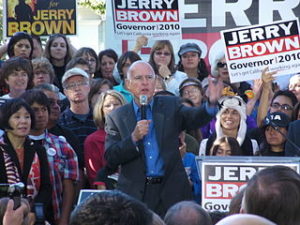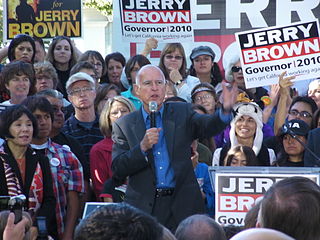
Although California Governor Jerry Brown might agree, at least in theory, with fellow Democrats desire to see President Trump’s tax returns, he nonetheless vetoed the legislation his state’s legislature passed to force such disclosures in the future.
Saying that such a requirement, that presidential candidates submit their last five years’ worth of 1040s to California state officials before they can have their names on the ballot, would send California down a “slippery slope” of unconstitutional requirements, making it more difficult for candidates to participate in elections.
“While I recognize the political attractiveness – even the merits – of getting President Trump’s tax returns, I worry about the political perils of individual states seeking to regulate presidential elections in this manner,” Brown wrote in his veto message. “First, it may not be constitutional. Second, it sets a ‘slippery slope’ precedent. Today we require tax returns, but what would be next? Five years of health records? A certified birth certificate? High school report cards? And will these requirements vary depending on which political party is in power?”
Other states, along with California, have such legislation dragging along, but their constitutionality and legal force are highly speculative. In the past the US Supreme Court has determined that states are not allowed to add to the needed requirements for US Senators or Congressmen. California’s counsel has also published the position that such a presidential disclosure bill is likely unconstitutional. Other legal experts disagree and say that such a law could be approved by SCOTUS.

